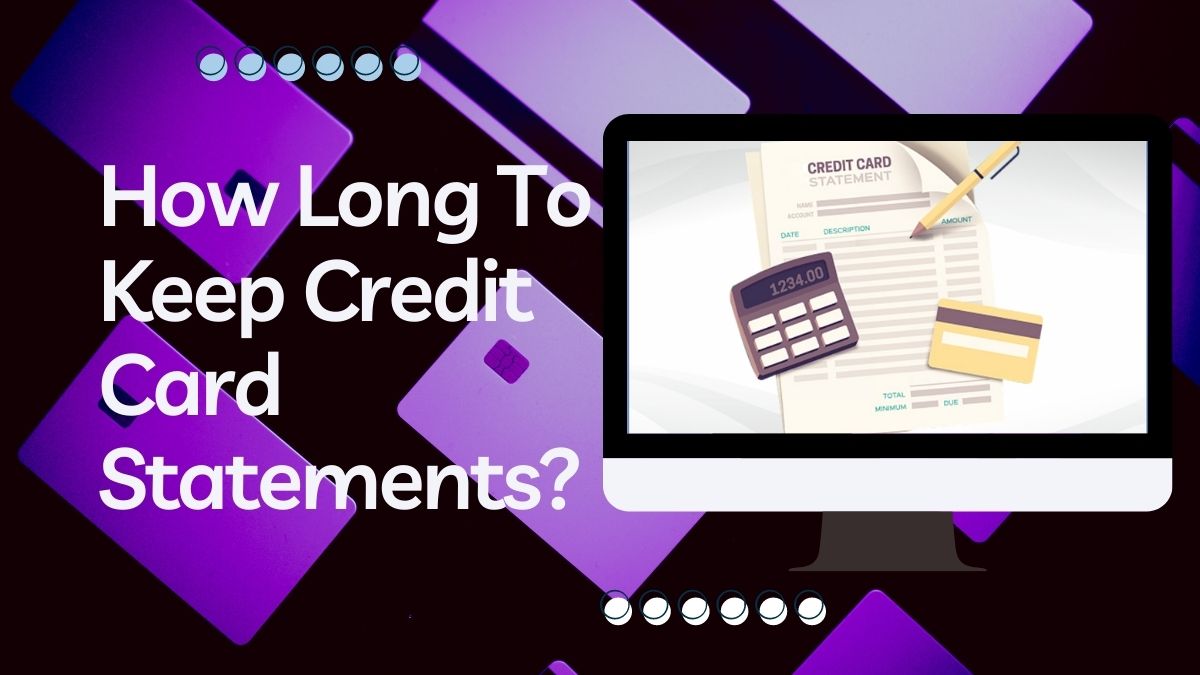How Long To Keep Credit Card Statements?
“Decluttering your financial paperwork can be a daunting task, and credit card statements often end up being a point of confusion for many. How long do you really need to keep them? Are you holding onto years’ worth of unnecessary clutter?
In this blog post, we’ll unravel the mystery and provide you with expert guidance on how long to keep those credit card statements. Get ready to declutter with confidence while staying organized and protecting yourself from potential headaches down the line!”
How long should you keep your credit card statements?
When it comes to keeping your credit card statements, there is no one set duration that everyone should adhere to. In fact, it really depends on how often you use your cards and what kind of billing practices you are comfortable with.
Generally speaking, credit card companies want you to keep your statements for at least six years after the statement has been sent in order to help build your credit score. However, some people choose to keep them for longer because they believe that this information can be helpful in case of a dispute or if they ever need to apply for a loan in the future. Ultimately, it’s up to you whether or not you want to keep your statements for a long period of time and what feels comfortable for you.
When do you have to send in your statements?
You generally have to send in your credit card statements by the end of each month. However, some credit card companies may require you to send them earlier.
If you have a balance on your credit card that you haven’t paid in full, you may also have to send in a payment plan agreement or payoff plan.
What happens if you don’t send in your statements on time?
If you don’t send in your statements on time, your credit score will be affected. Late payments can decrease the score by as much as 30 points. This can impact your ability to get a loan or to get approved for a credit card. If you have multiple accounts with different lenders, late payments on any of those accounts can have a negative impact on your entire credit score.
If you think your score might be affected, talk to a credit counselor or creditor about what steps you can take to improve it. You can also check if there are any special programs available to help people with low credit scores.
How can you avoid getting penalties for not sending in your statements on time?
To avoid penalties for not sending in your statements on time, follow these guidelines:
- Keep your statements up to date: Credit card companies consider updated reports to be evidence of good credit behavior and can reduce your interest rates or even forgive late payments altogether.
- Make sure all the information is included in each statement: Include your account number, the type and amount of each purchase, the dates of each purchase, and the name of the merchant.
- Mail statements promptly: Most credit card companies allow you to mail statements within two weeks after the end of each month. If you don’t have a statement for that month, mail one as soon as possible.
Conclusion
It can be tough to keep up with all the new credit card offers and deals, but it’s important to do so in order to get the best possible deal. By regularly reviewing your credit card statements, you’ll be able to spot any potential mistakes or fraudulent activity and take appropriate action. Try keeping a statement for three months, as this is generally when most fraud takes place.





